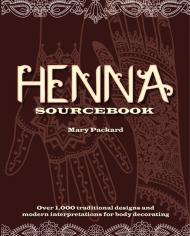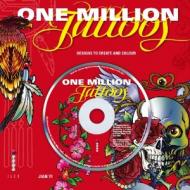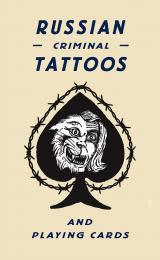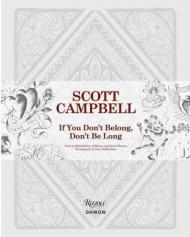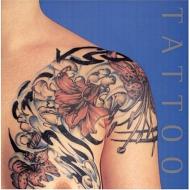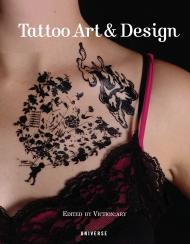Anne & Julien
ID:
11700
This book explores the artistic nature of tattooing and celebrates its living, creative, changing essence
Alongside the omniscience of tattooing throughout the world for thousands of years, presented through rare artefacts, the book pays tribute to the pioneers of the modern era, those responsible for its great transformation into the mainstream. Tattooing has become one of the most dynamic artistic currents of our era and is ever-evolving, despite the great revolutions the art has undergone.
This book looks to its foremost representatives, the tattoo artists themselves, the guardians of the temple. With this in mind, two types of contemporary workshop creations have been produced. The first one presents thirteen silicone models, thirteen extracts of the body, prints modelled from actual people, used by tattoo artists in the exercise of their art, machine worked or using traditional tools, depending on their daily practice. In search of a mise en abyme, blank canvases were offered to other artists, in the classic application known as a body suit.
The artists featured in the book are world recognized. All active continents are represented: Europe, America, Asia and Oceania. All practitioners are respected by their peers for their contribution to the art.
Finally, there is a series of photos presenting the two most recent currents in modern tattooing, a locker room of aesthetic graphics that firmly root tattooing in the third millennium.
FLORENCE LAMY
YOSHIMI YAMAMOTO
JOE CUMMINGS
ANNE & JULIEN
KARL MARC
JÉRÔME PIERRAT
ALAN GOVENAR
MARTHA HENRY
PASCAL BAGOT
ANNA FELECITY FRIEDMAN
LUC RENAUT
MICHAEL MC CABE
SIMON JEAN-PIGNE
LARS KRUTAK
SÉBASTIEN GALLIOT
FILIP LEU

